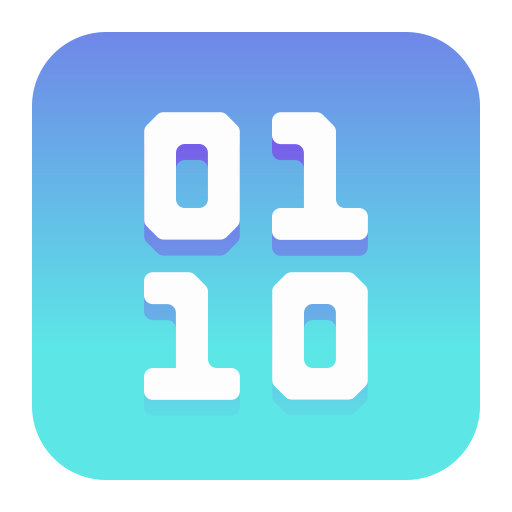You have learnt the basics, architecture, syntax, and object-oriented concepts and practised the Java programming language on coding platforms. After gaining hands-on experience in this language, you must be wondering, “Hmm, what comes next?” This is something many Java developers or even Java learners think – After Java, what should I learn?
Java is one of the essential programming languages that is used for developing web applications as well as mobile applications. Many software developers use it to create mobile GUI applications, such as Android uses Java classes to implement several aspects of Graphical User Interface (GUI). Through Servlets and JSPS, developers can create any web-based application that doesn’t necessarily stick. There are many things people can do with Java. It is a popular language amongst coders as it is versatile, making it essential simultaneously.
Seven things you can learn after learning Java
- DevOps
- Kubernetes and Docker
- Spring Framework
- Cloud with AWS
- APIs and Libraries
- Apache Spark and Apache Kafka
- Kotlin
Let us dive into it!

1. DevOps
Amazon’s definition of DevOps is:
“DevOps is the combination of cultural philosophies, practices, and tools that increase an organization’s ability to deliver applications and services at high velocity: evolving and improving products faster than organizations using traditional software development and infrastructure management processes.”
Learning DevOps and becoming a DevOps engineer is the need of the hour. Many companies are shifting to DevOps. It is vast, and there are several libraries, tools and concepts you need to learn for it. The journey to know it is fun, and the result is fruitful because DevOps has a considerable career scope. You might also need to learn Jenkins for this. It is an open-source automation tool.
2. Kubernetes and Docker
Many development communities use these two. According to Microsoft Azure, the definitions of the two are:
Docker
“Docker is open-source technology—and a container file format—for automating the deployment of applications as portable, self-sufficient containers that can run in the cloud or on-premises.“
Kubernetes
“Kubernetes is open-source orchestration software that provides an API to control how and where those containers will run. It allows you to run your Docker containers and workloads and helps you to tackle some of the operational complexities when moving to scale multiple containers deployed across multiple servers.“
Adding the skill to learn Docker and Kubernetes to your arsenal will be very helpful. These two are very important and have captured the tech market; many engineers at Microsoft and Amazon use them.
3. Spring Framework
You can learn the Spring frameworks after being well-versed in Java. Many Java developers and engineers develop software using this, and they use Spring MVC, Spring Cloud and Spring Boot for creating REST APIs, Microservices and web applications. You can learn Spring 5.0 and create unique projects on it.
4. Cloud
One can learn about several cloud platforms like- Google Cloud Platform, AWS and Azure. Many companies are shifting their domain to the Cloud. Learning any of these cloud platforms can be beneficial.
You will also learn the necessary command lines for it. Also, it is not at all hard to understand. The commands are super easy, and anyone can quickly know them.
5. APIs and Libraries
You can learn REST APIs and implement them. According to Red Hat,
“A REST API (also known as RESTful API) is an application programming interface (API or web API) that conforms to the constraints of REST architectural style and allows for interaction with RESTful web services.”
You can also get a grip on JSON processing APIs such as Gson and Jackson and XML processing APIs such as Xerces and JAXB.
Other than APIs, you can also learn about libraries- libraries focusing on unit testing (Mockito, for example).
6. Apache Spark and Apache Kafka
Apache Spark and Kafka are two great processing systems that are great for Big Data. Big data is booming in the technological world, and learning these two frameworks can be very beneficial.
7. Kotlin
After learning Java, Kotlin will be the best thing to know. You will be able to develop web and mobile applications after learning it. There are many projects on GitHub that you can check out. If you have a good grip on Java, learning Kotlin will not be that difficult.
Final Thoughts
There are so many things you can do with Java. There are so many frameworks in the world that you can learn and grow your skills. The best thing is Java is a vast ocean of possibilities. More frameworks exist, and more are coming along the way. You can even learn new programming languages. The world is your oyster.
Happy Coding!
